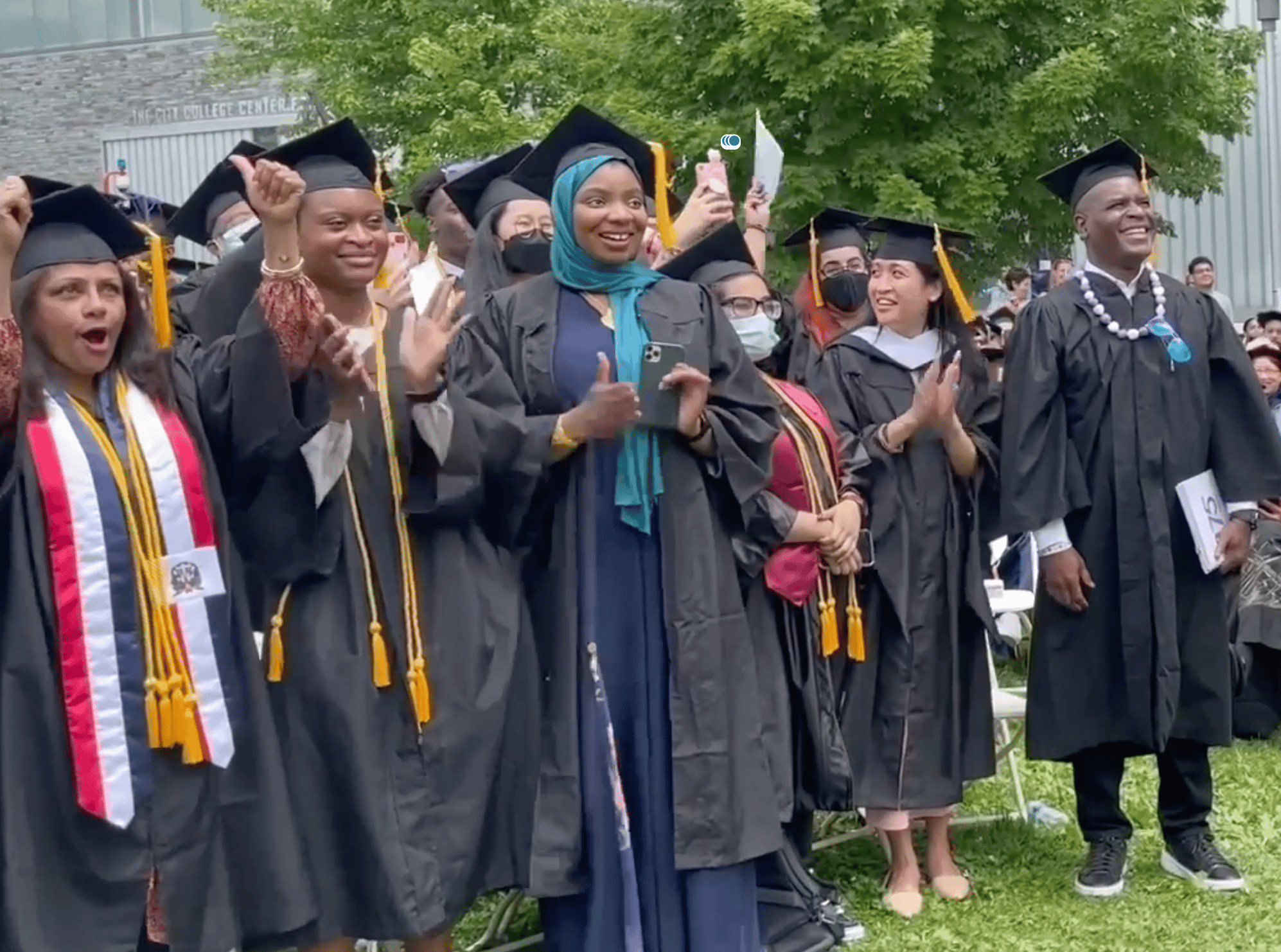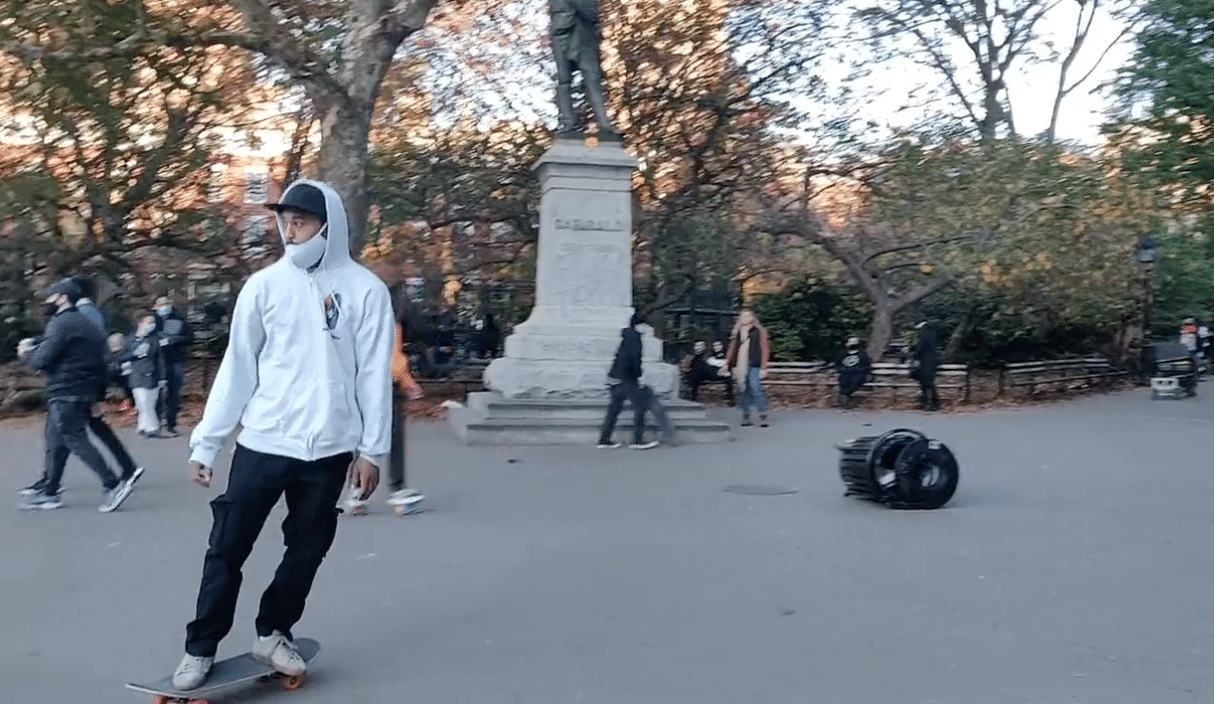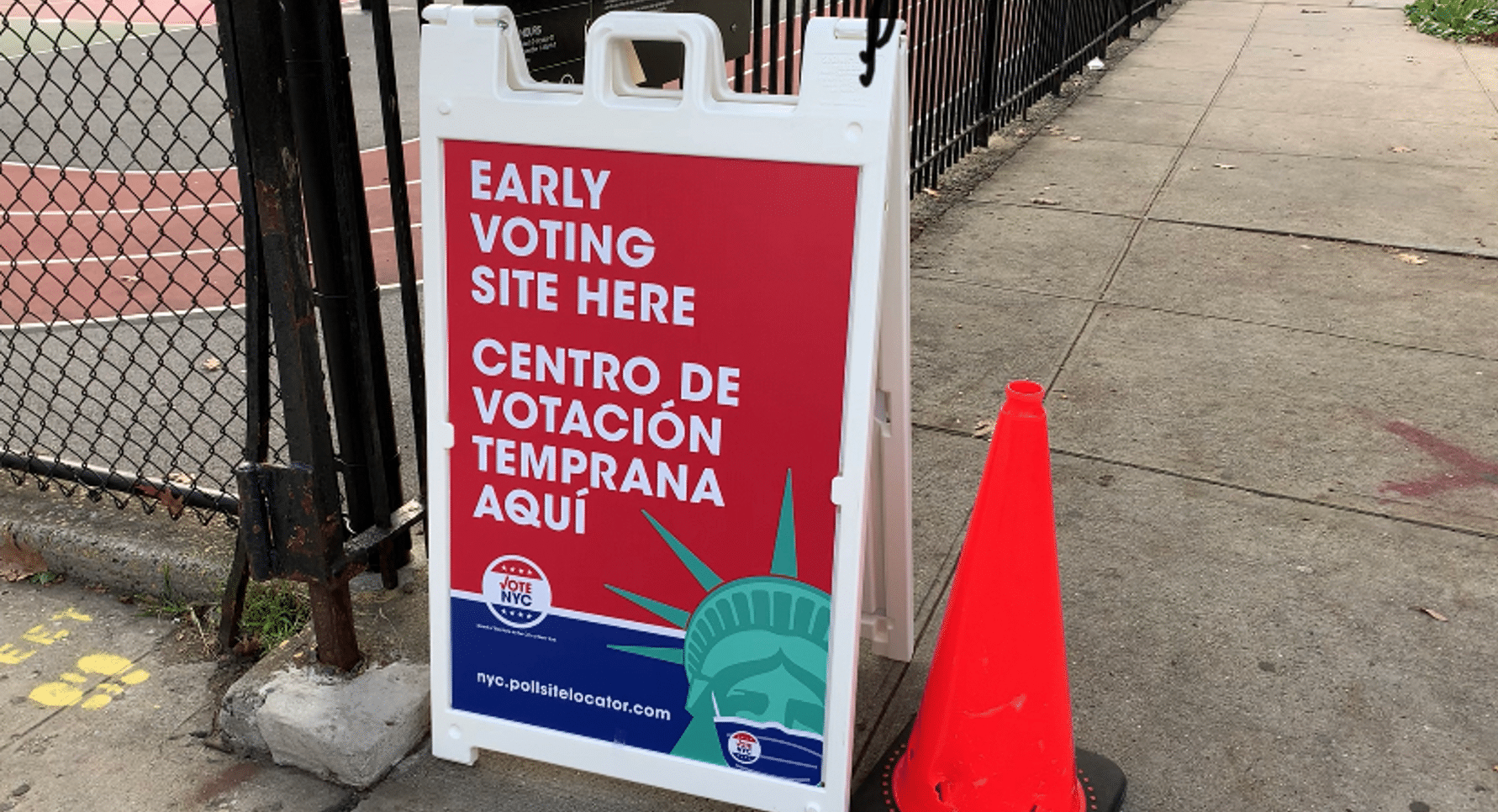A student feels frustrated with online learning. Photo by JESHOOTS.COM on Unsplash
Since March 15, 2020, all NYC public schools have shifted to online instruction until further notice because of the coronavirus. State tests were cancelled, prom was postponed, and classes have moved to platforms such as Zoom, Webex, and Google Hangouts. But millennials, known for being tech-savvy, are still having trouble adapting to their new online learning experience.
“I just find it harder to consume information reading through a screen compared to in-person or verbally,” said Mia Chaney, a Vanguard High School junior. “I am more of a hands-on person who prefers writing rather than typing things online. I think writing things down helps me retain information way better.”
The New York City public school system is the largest in the United States with more than 1.1 million students across 1,700 public schools. Forcing this massive operation to suddenly shift to online instruction has left more than 55 million children without access to in-person classroom instruction, counseling, and other services.
Crystal Diaz, a senior at The Global Learning Collaborative located on the Upper West Side, noted that the online transition has caused a delay in her college application process. “It’s a little bit hard as well because it feels like if I don’t do the work right away, it will pile up really quickly and it’ll end up stressing me out,” she said.
Not only are New York City high schoolers facing technical issues, the online learning has caused a bit of a mental challenge as well.
Diaz said, “When I used Google Classroom in order to do some French work, I found myself… a little bored actually. In French class, I’m used to so many things happening all at once. Now I’m in my bedroom with no one—just my laptop and the worksheet looking at me from the screen.”
“I hate being forced to stay inside in a space for long periods of time with the same people,” said Chaney. “I can’t stay at home forever. I’d rather be in school. I really wonder how people who already do online school feel.”
On a more positive note, some students appreciate the switch to online instruction. Several students mentioned that there have been significant changes to class assessments as well as nationwide assessments.
Townsend Harris sophomore Rusayala Hasan pointed out that all Advanced Placement exams have been reformatted to be a 45-minute free write rather than two hours long. The College Board has also refocused the Advanced Placement World History exam’s time frame so that it only focuses on the 1900’s to present-day.
“I definitely feel less stressed because I am able to work at my own pace,” said Hasan. “Also, since the classes take place at home, I can take part in discussions at any time, anywhere I am. Waking up later is also a pro, since the commute took a chunk out of my sleep.”
Most of the highschoolers in the city pointed out that there were no significant changes to their day-to-day academic material—such as homework, assignments, and projects.
“I quickly got invitations from the school app, Google Classroom, where my teachers sent me an invitation to their online class and they dropped off worksheets and homework for us students to do,” said Diaz. “The transition was quick and easy.”

A number of students noted that the shift to online instruction has ironically forced teachers and students closer together.
“They talk more about themselves and it shows a side that could be easily overlooked,” said Hasan. “Their personalities shine through when they introduce their children, or share part of their homes, and it is a reminder that these teachers are an important part of the school community.”
Vanguard High School senior Justice Burgos added, “I think the quarantine is making us better human beings. Seeing and hearing my friends and acquaintances speak on the matter and spread positivity during this time puts a smile on my face. I am happy that they are well.”
Although the pandemic has caused drastic changes within the local public school system, students are finding ways to stay engaged. Many look forward to video calls with their peers and teachers, finding comfort in conversation and interaction. Others enjoy the freedom that comes with online learning and digital assignments; some even prefer this method of teaching.

“Online learning has started to grow on me, and I do not feel nearly as much stress as before,” said Hasan. “As I get more accustomed to it, it seems like a very good solution.”
Despite the mix of emotions surrounding this unique public school experience, Chaney is first to admit that she actually misses school. “I can’t believe I’m saying this, but I have never wanted to be at school so much in my life,” she said.
Tags: CCNY City College Journalism Coronavirus COVID-19 New York State on Pause NYC Online College Teresa Mettela
Series: Coronavirus






